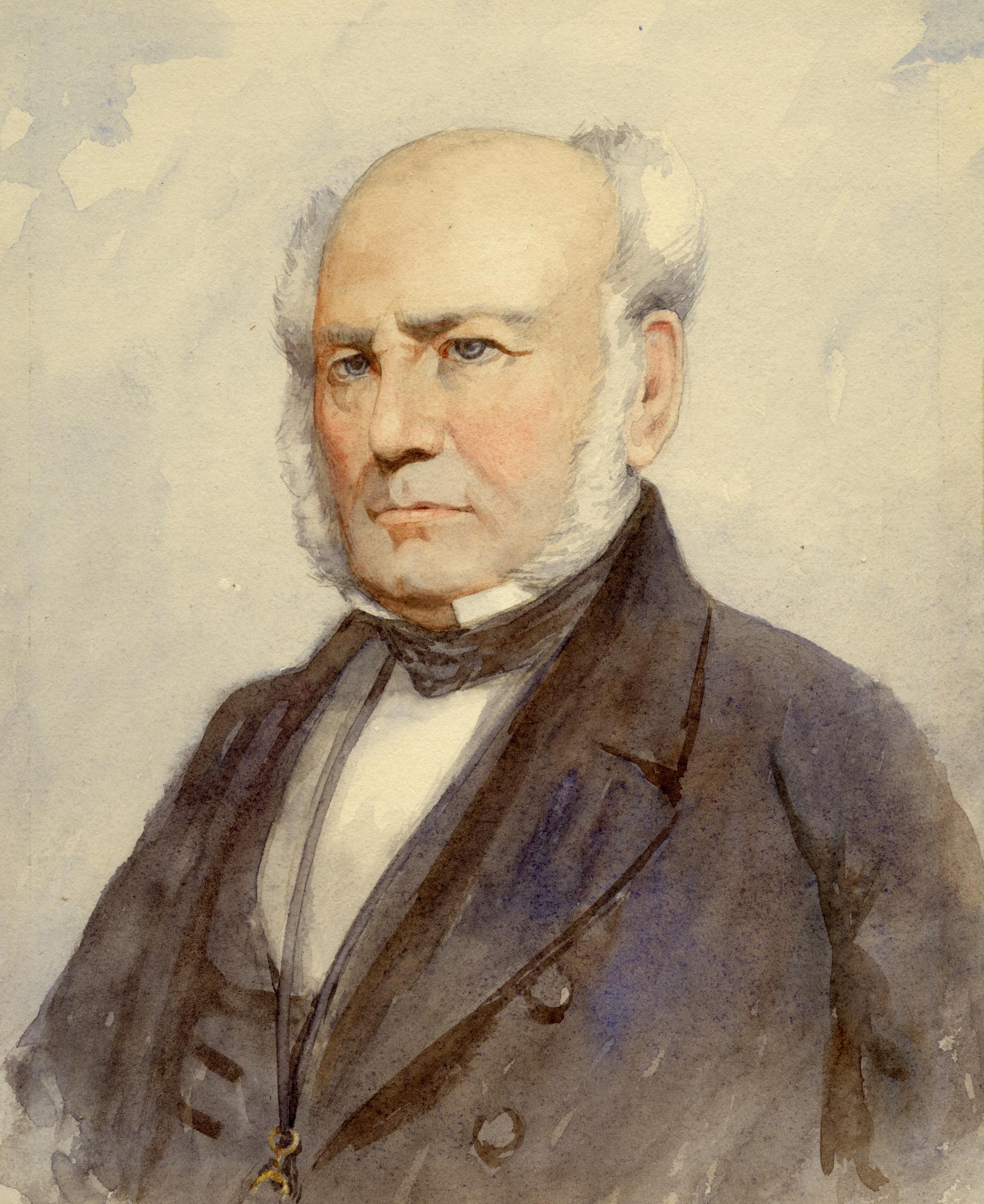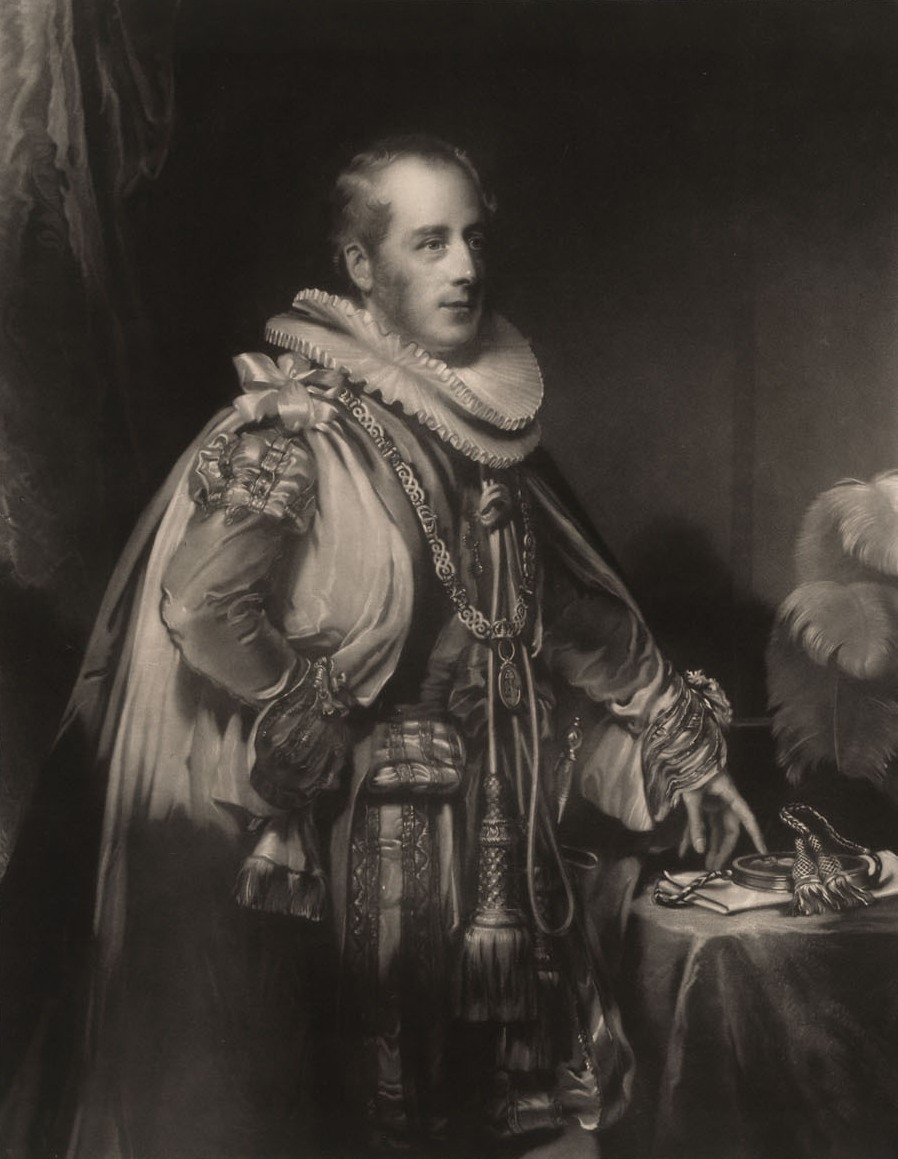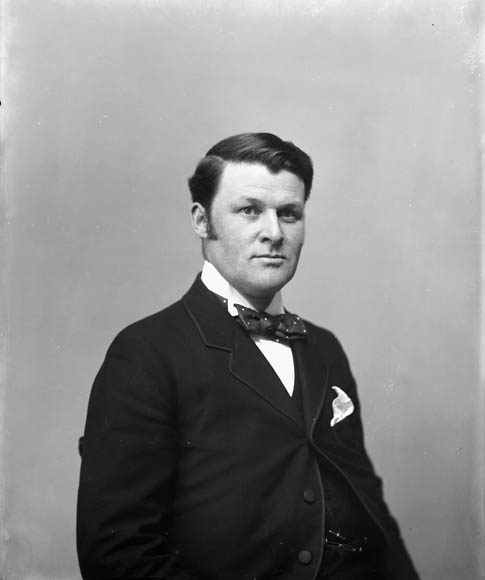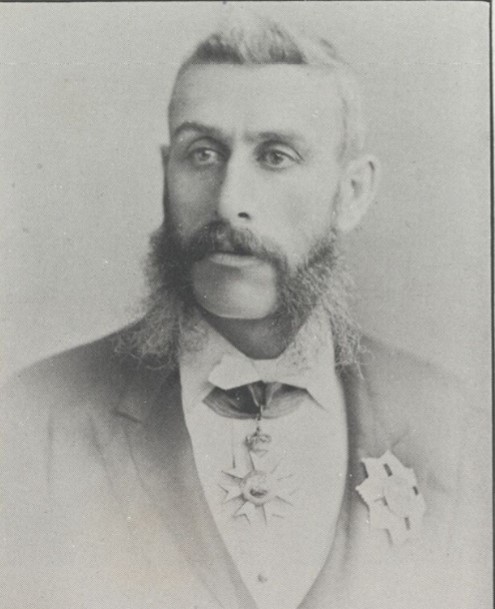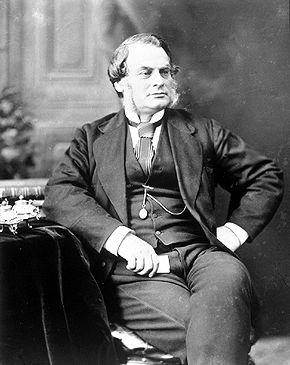Article
Sheriff
Sheriff Sheriff In each county and judicial district in Canada sheriffs, appointed by the lieutenant-governor-in-council, serve processes (eg, writs of summonses); attend upon supreme and county court judges and maintain order in the courts (performed by constables); execute judgements, eg, seizing the judgement debtor's goods (performed by BAILIFFS); summon and supervise JURIES, and take custody of noncriminal prisoners.


